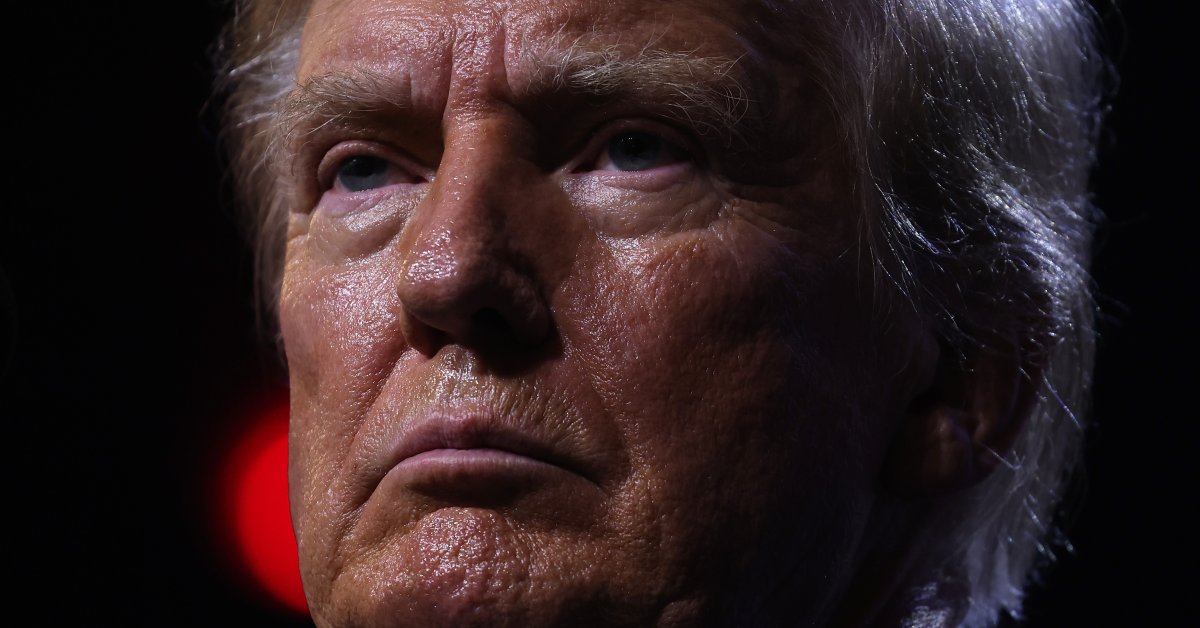Former President Donald Trump recently spoke about his mixed feelings on artificial intelligence during an interview with YouTuber Logan Paul. He described AI as a “superpower” that writes “beautifully” while also expressing concerns about its capabilities, calling them “alarming.” Trump’s comments shed light on how he views the rapidly advancing technology, which is a topic of concern for 49% of Americans.
During the interview, Trump discussed his fears of deepfakes and their potential to increase the risk of nuclear war. He recounted seeing a convincing deepfake video of himself promoting a product, which made him question its authenticity. Trump expressed concern about the potential harm that deepfakes could cause, particularly in scenarios where a video of a world leader making inflammatory statements could lead to retaliatory actions. He shared an anecdote about asking Elon Musk if there would be any way to verify the authenticity of such videos, to which Musk reportedly replied that there was no foolproof method.
The idea of misinformation exacerbating the risk of nuclear war is not new. Trump referenced a past incident in 1983 when a Soviet officer chose to ignore false reports of incoming missiles, potentially averting a catastrophic nuclear event. More recently, in 2016, a Pakistani official issued a nuclear threat against Israel after falling for fake news. Experts warn that deepfake technology could further escalate the risk of nuclear conflict in the future.
Trump also emphasized the importance of the United States leading the development of AI technology, particularly in competition with China. He stressed the need for America to stay ahead in the race for AI advancements, highlighting the potential energy challenges and economic implications of falling behind. Trump’s comments reflect ongoing concerns about China’s rapid progress in AI research and development, and the need for the U.S. to maintain its technological dominance.
Overall, Trump’s discussion with Logan Paul offers insight into his views on artificial intelligence and the potential risks associated with deepfake technology. His remarks underscore the importance of addressing the ethical and security implications of AI advancements, particularly in the context of global competition and the threat of nuclear conflict. As AI continues to evolve, it is crucial for policymakers and tech leaders to consider the broader societal impact of these technologies and work towards responsible development and deployment.









